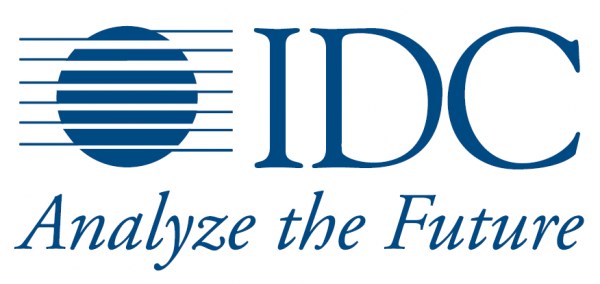Malaysia announced its Budget 2020 on 11th October 2019, moving towards a more digital budget compared to recent years. Based on the new budget, the three key initiatives include attracting foreign investment in the digital industry, increasing digital connectivity within the country and fill the talent gap that exist in Science, Technology, Engineering and Mathematics (STEM) fields.
“It is heartening to know that the Government is taking these concepts seriously, as IDC anticipates that 66% of Malaysia’s GDP will be digitalized by 2022. IT Spending in Malaysia is anticipated to achieve US$11 billion by the end of 2019 – a far cry from where Malaysia was 15 years ago where the country could barely muster US$4 billion of spending from both enterprises and consumers (sans communications spending),” says Sudev Bangah, Managing Director for IDC ASEAN.
As Malaysia move towards Digital Transformation, its ideals have paved the way for more IT spending. Data Center services, cloud, analytics and mobility technologies has become mainstream, and Malaysia is finding itself in an exploratory world of technology.
While these discussions have become dominant, the intent is stronger than its actions. Only one in two CEOs in Malaysia are under pressure to successfully execute its Digital Transformation (DX) strategy in the face of Industry 4.0, and those who are pressured, are doing so for customer services and operational excellence.
The Budget 2020 had several interesting initiatives; three that caught the eye of IDC were;
- The availability of up to RM1 billion worth of customized packaged investment incentives annually over 5 years, as part of the strategic push to attract targeted Fortune 500 companies and global unicorns to Malaysia.
- The creation of the necessary infrastructure to construct a Digital Malaysia by implementing the National Fiberisation and Connectivity Plan (NFCP) over the next 5 years which will provide comprehensive coverage of high speed and quality digital connectivity nationwide, include rural areas.
- The allocation of RM11 million towards initiatives by the Ministry of Education in collaboration with Ministry of Environment, Science, Technology and Climate Change to inculcate the Science, Technology and Innovation (STI) culture, encouraging more students into the fields of Science, Technology, Engineering and Mathematics
IDC specifically applauds the three initiatives listed above as it directly resonates with the needs of the industry. With the budget allocation for each of this initiative, it will enhance investment in Artificial Intelligence, Smart Cities, Automation and Talent as businesses move towards hyper personalization and customer centricity, which would ultimately create an innovative and sustainable digital economy.
While most of the initiatives were encouraging, there were also a few that left more challenges than solutions. For example, the announcement to build 14 one-stop Digital Enhancement Centres in all states was rather ambiguous, and the notion that a provision of a “digital stimulus” will encourage and heighten the use of e-Wallets. What would be interesting to see as a follow up is how the government will address core issues on adoption and utilization at large.
“While it is encouraging to see the attention and emphasis placed on driving towards the Digital Economy, it does seem that we are only thinking a year at a time – and many of these initiatives will most likely lose momentum going into 2020,” says Sudev Bangah, Managing Director of IDC ASEAN.
He continues “With more than 87% of organizations in Malaysia lamenting the lack of “ready talent” to face the digital economy, and only half of these organizations are pressured to digitally transform – the fundamental issues go beyond funding, incentives or allocations. What it truly boils down to, is the need for re-invigoration and innovation to take us to the next level”.
Nonetheless, it is an impressive budget with much needed attention and stimulus for talent development and adoption of emerging technologies by the industry. By 2024, IDC predicts a new class of professional developers producing code without custom scripting, will expand the developer population by 20% — accelerating digital transformation. This growth in talent will create significant impact and propel Malaysian economy to reach greater heights with shared prosperity.












